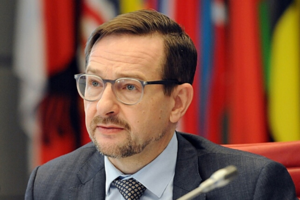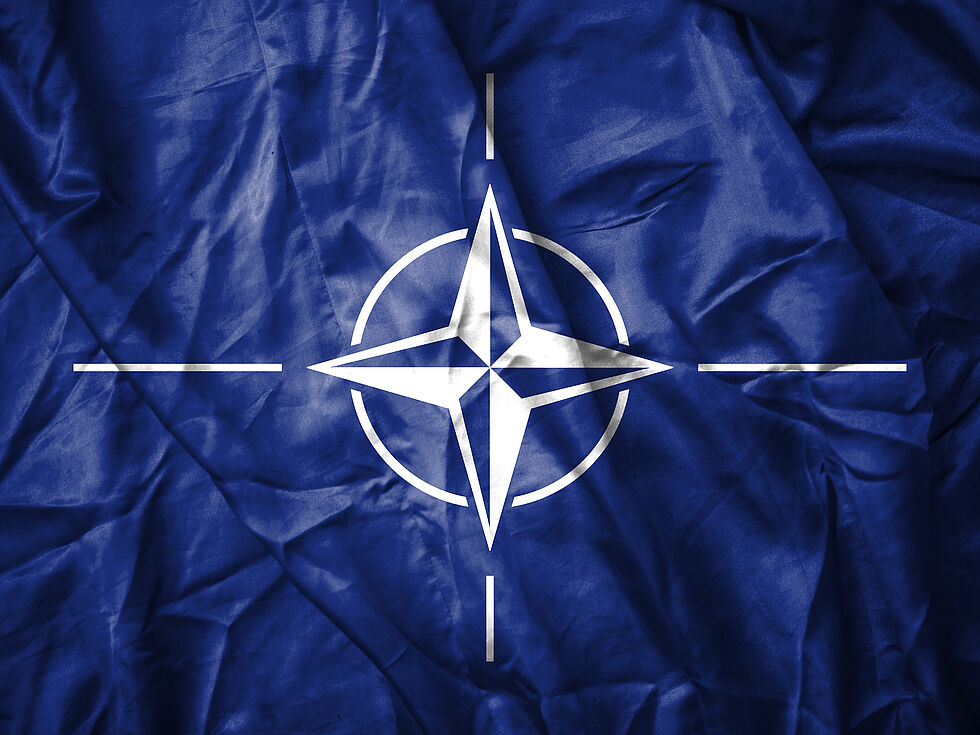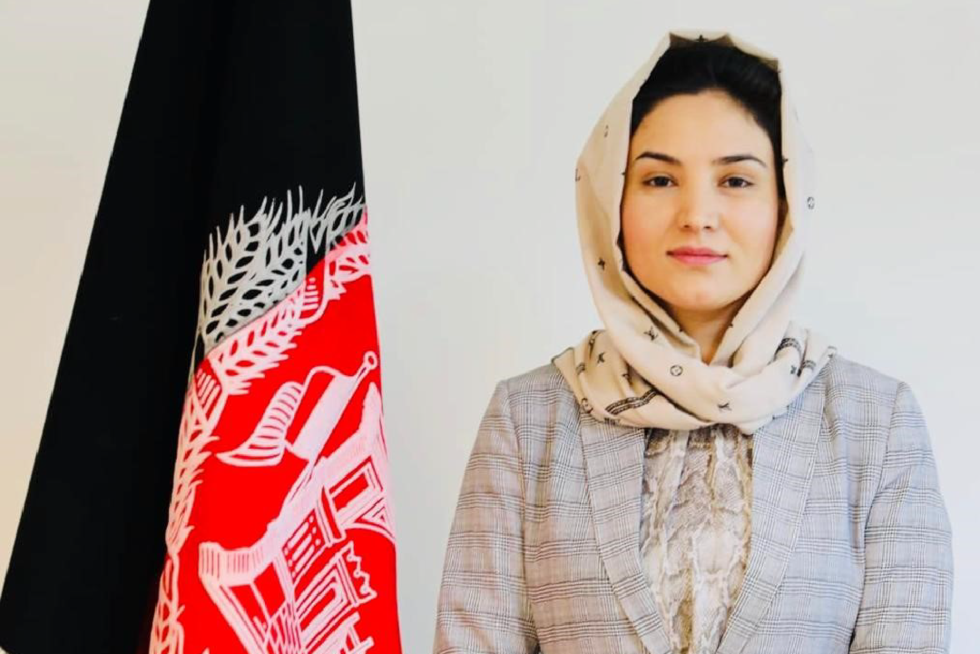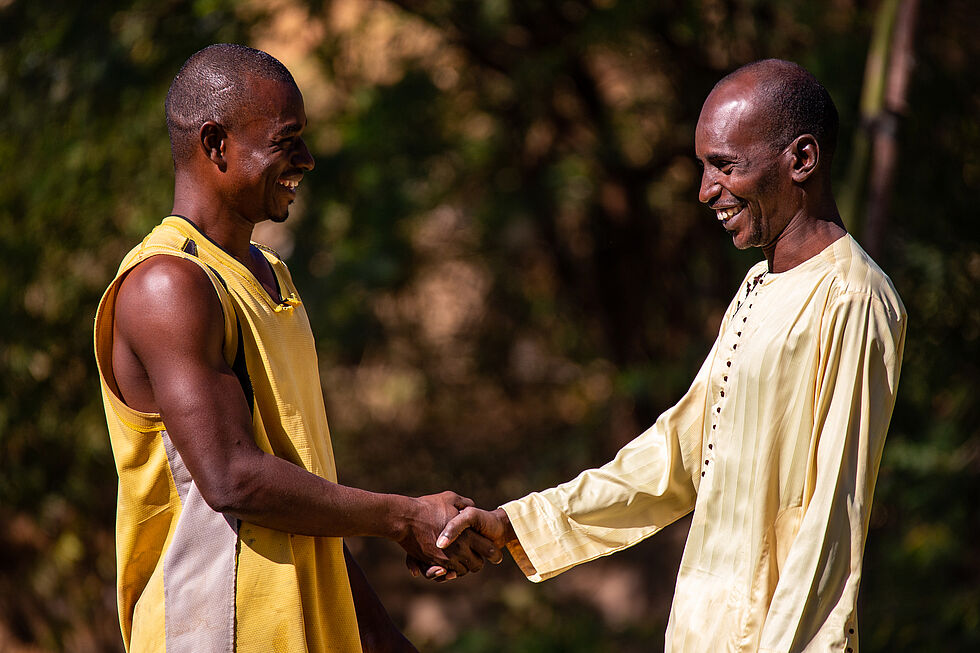Cooperation in Europe: Unthinkable?

If someone had said, two months ago, that it would be impossible to travel, that most of the planet would be in lockdown, that death and unemployment rates would rise dramatically, and that we could only leave the house with a mask on, one would have said this is unthinkable.
So as we look to the future, we should not think that the “unthinkable” is impossible, for better or for worse.
In recent years, there has been fundamental break-down of international order. Rules have been broken, treaties and borders violated, and tensions stoked. Demagoguery is undermining democracy and diplomacy. Europe is polarized. Instead of addressing challenges together, states have turned on each other or sought purely national solutions to problems.
One of the major lessons of the COVID-19 crisis that we can already learn is that states need to work together. Most of the threats and challenges that countries face today do not respect borders. Besides pandemics, think of cyber attacks, organized crime, climate change, or large flows of migrants. Walls and barriers may slow them down, but not stop them. Even the most powerful countries cannot deal with these issues alone.
Therefore, cooperation is essential for national security and to protect sovereignty. Conversely, failing to cooperate hurts us all. Threats will expose and exploit our weaknesses, and grow in the cracks between us. This crisis shows that our security is truly indivisible.
The COVID-19 crisis has also highlighted the importance of sharing information, and working together to confront common threats. In fighting COVID, we are all on the same team. This logic should be applied more broadly within the international community: the common challenges that we face are bigger than the issues that divide us.
This is the spirit that motivated the creation of the United Nations 75 years ago. And it is the spirit that was evident when the Helsinki Final Act was signed in 1975, and reaffirmed 15 years later in the Charter of Paris.
These are different times, but the need for cooperation is greater than ever. We need to pull together.
A good place to cooperate is through the organizations that were established precisely to enable states to work together - to prevent conflict, promote peace and social progress, defend human rights and fundamental freedoms, and uphold the rule of law. Such organizations – like the United Nations and the OSCE – are needed when times are tough, when states need to solve problems, not just in fair weather.
Even before the Corona crisis, politicians and citizens in various states across the Euro-Atlantic and Eurasian region recognized the urgency of greater cooperation and less competition. The need for more effective multilateralism is also a motivation behind the Cooperative Security Initiative which was launched last year by experts from think tanks and civil society.
More cooperation is urgently needed in wider Europe. In recent years there has been a dangerous deterioration of relations between Russia and the West. The crisis in and around Ukraine has dragged on almost longer than the Second World War. Arms control agreements, as well as trust, have broken down. Only a few months ago, a reversal of this trend seemed unthinkable. But is it?
Sometimes we need a trigger to unlock the potential. This can start with a small step, such as an improvement on the ground in a conflict zone, which could open up a whole set of new possibilities in other areas.
Slowly, states would realize that their security depends on working with, and not at the expense of others. They would see that dialogue, trust, and solidarity are the antidotes to conflict.
A new spirit of cooperation will only be sustainable if it is based on fairness and predictability: a common set of rules. These do not need to be invented. The normative framework already exists, through the UN Charter and OSCE principles and commitments. What is necessary is for states to reaffirm them, and live by them.
But change will not only come because of states and organizations. It is up to us all to play our part. After all, we are all stakeholders in a safer future.
In the short term, the priority is to enhance cooperation within states and among states to manage this health emergency. But after that we should not return to “business as usual” in international relations. This crisis is a wake-up call that things have to be done differently, and that our survival depends on cooperation.
About the author

Thomas Greminger was the secretary general of the Organization for Security and Cooperation in Europe (OSCE) from 2017-2020. He holds a PhD in history from the University of Zurich and the rank of Lieutenant Colonel (General Staff) in the Swiss Armed Forces. He has authored a number of publications on military history, conflict management, peacekeeping, development and human rights.
The Cooperative Security Initiative
The Cooperative Security Initiative (CSI) is designed to generate ideas and shift momentum in favor of cooperative security and multilateralism through the OSCE in order to build a safer Europe. It is conceptualized and carried out by two think tanks: The FES Regional Office for Cooperation and Peace in Europe (based in Vienna) and GLOBSEC (based in Bratislava). The Initiative was launched at the GLOBSEC Forum in June 2019, with the support of Slovakia’s Chairmanship of the OSCE.
For more information, visit their official website.
About FES Connect
Connecting people, in the spirit of social democracy, we source and share content in English from the German and international network of the Friedrich-Ebert-Stiftung.





